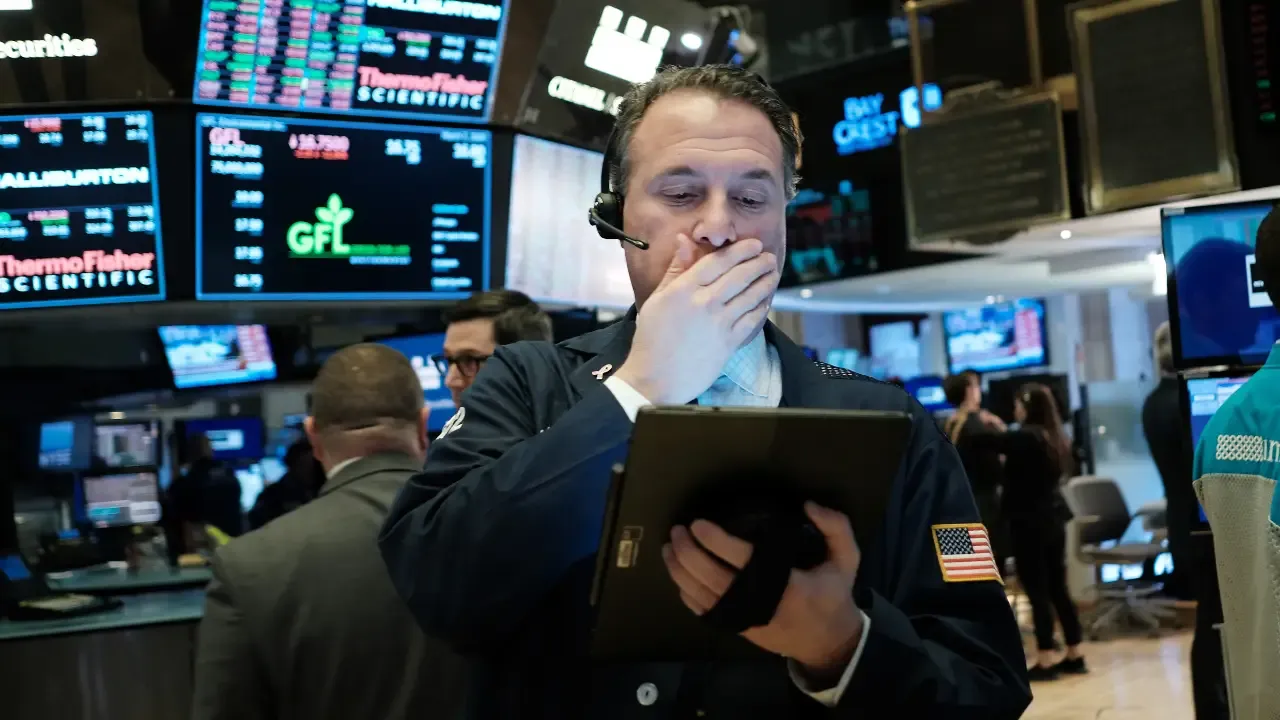Despite hostile Fed rhetoric, recession warnings from the Treasury market, and a rise in equities bullishness among American retail investors—often regarded as a value investors pared gains.
Equities fell significantly from their session peaks as options traders continued to increase their bets on a Federal Reserve peak rate of 6% from the current range of 4.5% to 4.75. The bond market, in which the two-year yield surpassed the 10-year yield by the greatest margin since the early 1980s, likewise reflected that move. Economic downturns have historically been predicted by U.S. curve inversions.
Fed Bank of Richmond President Thomas Barkin stated that it is crucial to keep raising rates to guarantee inflation returns to the goal range of 2%, contributing to the chorus of officials indicating the central bank still has work to do to control prices. Meanwhile, Thursday's unemployment claims report only served to confirm the notion of a hot workforce that suggests a monetary policy that is still restrictive.
"The market is doubtful that the Fed will be able to achieve its goals since it will be extremely difficult to slow the economy through interest rate hikes while preventing a major recession," according to Chris Gaffney, president of world markets at TIAA Bank. "And I think investors recognize and realize that the Fed has a very difficult road ahead of it," he continued.
Numerous Wall Street traders are reevaluating the stock market recovery from mid-October lows that caused individual investors to turn optimistic for the first time since April in the face of a plethora of risks.
Numerous market observers believe that trades promoting disinflation will soon reverse if price hikes turn out to be more pervasive than expected.
Although low-duration industries like energy and utilities have faltered this year, they have been outperformed by higher-duration industries like technology and consumer discretionary. The trend from late 2021, when investors began to avoid high-duration stocks as inflation accelerated, has reversed itself.
According to David Trainer, CEO of New Constructs, "the stock market rebound thus far this year has been excessive and too quickly, and echoes the careless investing conduct from 2021 where investors acquired unprofitable firms instead of doing their necessary research."

Subscribe to our newsletter!
As a leading independent research provider, TradeAlgo keeps you connected from anywhere.








